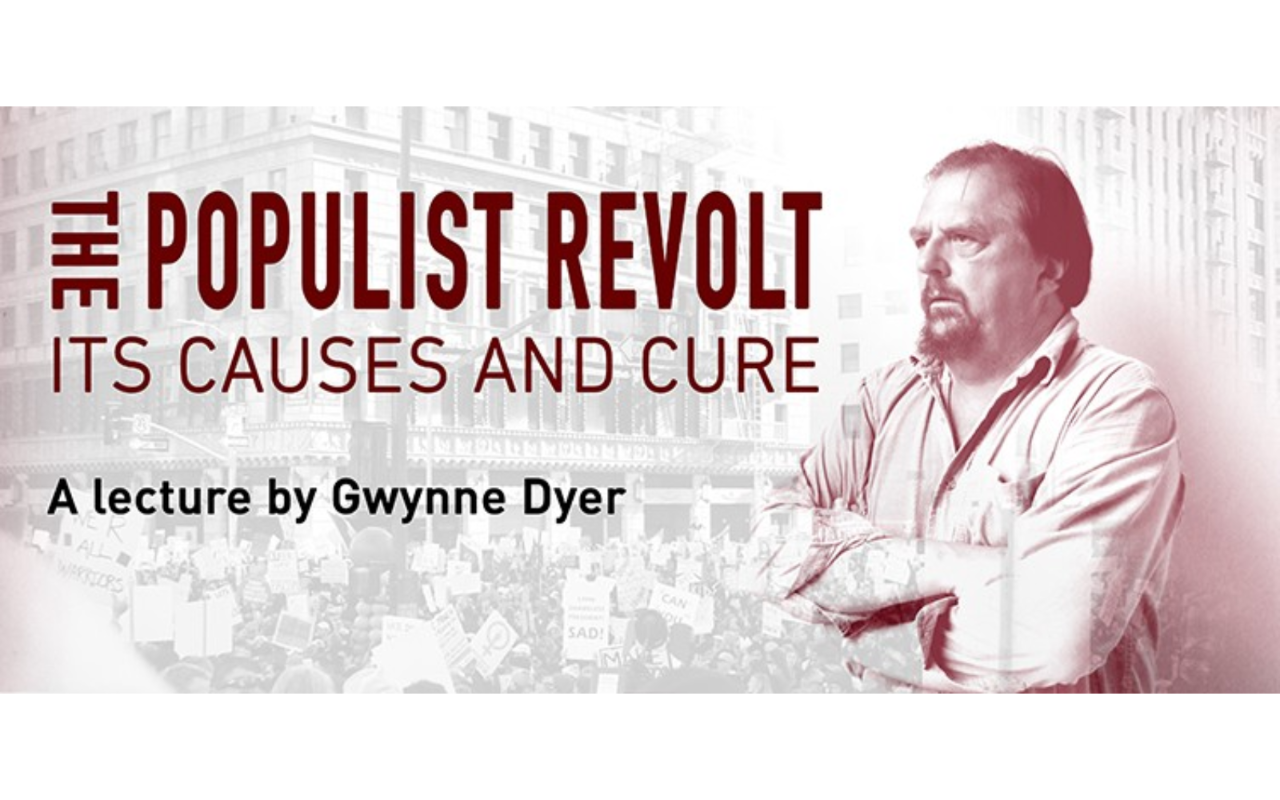Video, Past Event, Social Justice
Heroin Assisted Treatment: Saving lives during the overdose death crisis
In 2016 there were a total of 922 overdose deaths in British Columbia. The province is experiencing the worst opioid overdose crisis in its history. Due to the unprecedented number of overdose deaths in the province in April 2016 a public health emergency was announced by the BC Provincial Health Officer.
How did we get here? How can we prevent more deaths?
This panel provides a unique opportunity to learn about the benefits of heroin-assisted treatment (HAT), one viable option to reduce opioid overdose deaths. Not one HAT patient has died of an overdose death in Canada and Europe.
Donald MacPherson, Director of the Canadian Drug Policy Coalition moderated the event. Presenter Dr. Susan Boyd briefly discusses how heroin (diacetylmorphine) has been defined and framed differently over time, from a legitimate medicine to a demonized and dangerous drug. Doug King highlights the constitutional challenge for HAT launched in 2013 by Pivot Legal Society, Providence Health Care and five plaintiffs, following the federal governments decision to prohibit the prescription of heroin to people who benefited from the treatment. Dr. Scott MacDonald, the physician lead at the Providence Crosstown Clinic in the Downtown Eastside which was the site of two HAT clinical trials: NAOMI and SALOME, discusses his work and the benefits of supervising injectable opioid assisted substitution treatment (siOAT) at the clinic. Dave Murray and SNAP members provide further context, as people who are currently receiving HAT at Crosstown Clinic. SNAP advocates for the end of drug prohibition and for permanent flexible HAT programs and the reclassification of diacetylmorphine, so that physicians in Canada can more easily prescribe it.
Internationally, HAT continues to be advocated for long-term opioid users who have not benefitted from conventional treatments in numerous countries, including the UK, Switzerland, Denmark, Germany, the Netherlands, and Spain. Crosstown is still the only clinic in North America to provide injectable diacetylmorphine or prescription heroin, even though research findings on HAT programs and clinical trials demonstrate the feasibility, efficacy, safety and effectiveness of HAT. The panellists also explore avenues for change in drug policy and practice.
Co-Presented by
SFU's Vancity Office of Community Engagement, Canadian Drug Policy Coalition, SNAP, Pivot Legal Society.






